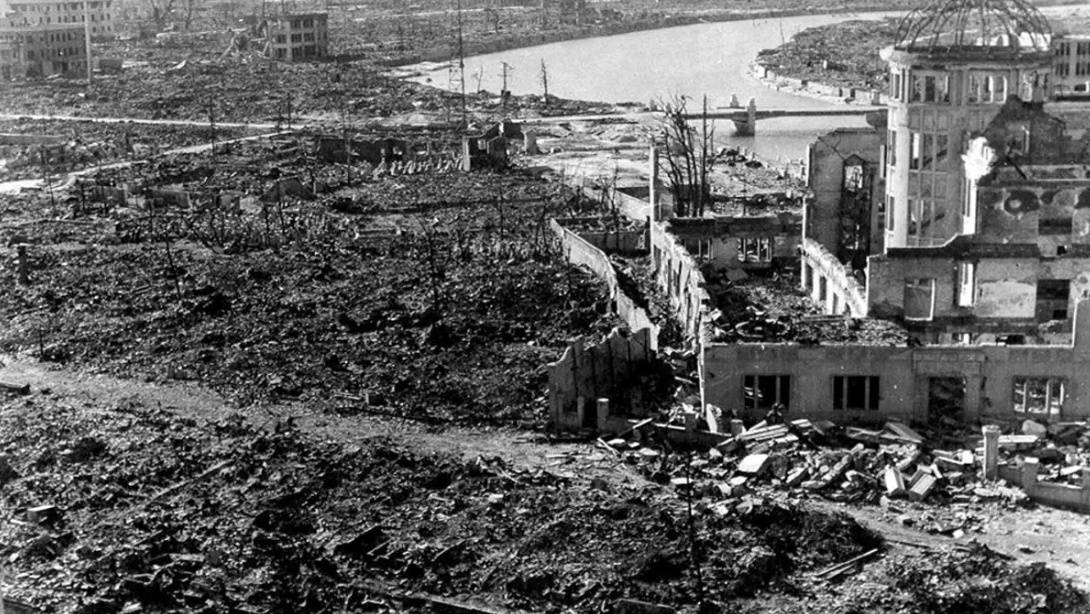As the world observes Hiroshima Day on August 6, 2023, we are reminded of one of the most significant events in human history—the dropping of the atomic bomb on Hiroshima, Japan, during World War II. This solemn occasion calls for a moment of reflection, as we pay homage to the victims, recognize the immense impact it had on global politics, and renew our commitment to pursuing lasting peace. In this blog, we will delve into the history, significance, and impact of the Hiroshima bombing, as well as uncover some lesser-known facts about this historic event.
History:
On August 6, 1945, during the final stages of World War II, the United States dropped an atomic bomb named “Little Boy” on the city of Hiroshima. This catastrophic act resulted in the instant death of approximately 80,000 people and countless others who succumbed to injuries and radiation in the days, months, and years that followed. The city was left in ruins, and the aftermath of the bombing forever scarred the lives of survivors and their families.

Significance and Impact:
The bombing of Hiroshima holds immense significance for several reasons. Firstly, it marked the first use of nuclear weapons in warfare, signaling the dawn of the nuclear age. The destructive power demonstrated by the atomic bomb forced the world to confront the potential annihilation of humanity, giving rise to the doctrine of nuclear deterrence and the subsequent arms race between major global powers.
Secondly, the bombing of Hiroshima played a pivotal role in Japan’s decision to surrender, leading to the end of World War II. Three days after the Hiroshima bombing, on August 9, 1945, the United States dropped another atomic bomb, “Fat Man,” on Nagasaki, further intensifying the pressure on Japan. On August 15, Japan officially surrendered, marking V-J Day (Victory over Japan Day) and effectively ending the war.
In the aftermath of the war, the devastation and loss of life in Hiroshima and Nagasaki spurred international efforts to prevent the use of nuclear weapons in the future. This culminated in the creation of the United Nations and the adoption of the Universal Declaration of Human Rights, emphasizing the importance of peace, human rights, and diplomacy.
Facts about Hiroshima:
The Enola Gay: The B-29 Superfortress bomber that dropped the “Little Boy” bomb was named the Enola Gay, after the pilot’s mother, Enola Gay Tibbets.
The Peace Memorial Park: Today, Hiroshima is home to the Hiroshima Peace Memorial Park, dedicated to promoting peace and commemorating the victims of the bombing. The park includes the Genbaku Dome, the iconic skeletal remains of the Prefectural Industrial Promotion Hall, which stood near the hypocenter of the explosion.
Hibakusha: Survivors of the atomic bombings are known as “hibakusha.” They endured immense suffering and faced discrimination due to fears of radiation exposure, but their testimonies played a crucial role in raising awareness about the horrors of nuclear warfare.
Conclusion:
As we remember Hiroshima Day in 2023, we honor the victims of this tragic event and reflect on the lasting impact it had on our world. The Hiroshima bombing serves as a stark reminder of the catastrophic consequences of war and the urgent need to work collectively toward global peace and disarmament. Let us strive to learn from history and dedicate ourselves to building a world where such atrocities are never repeated, and where diplomacy, dialogue, and cooperation prevail.